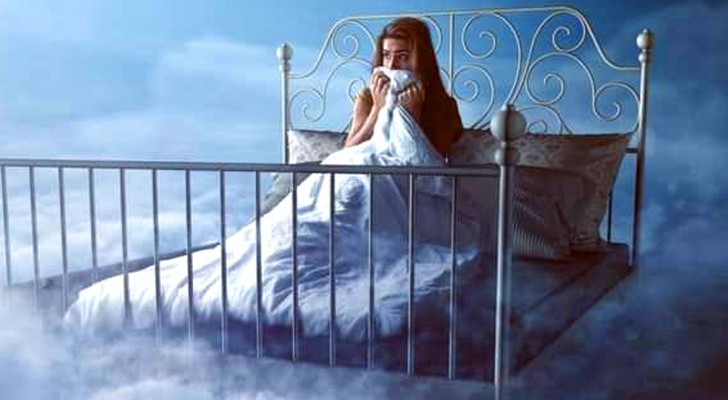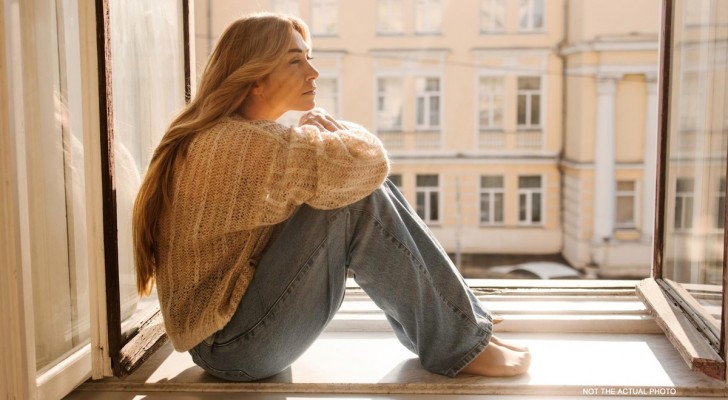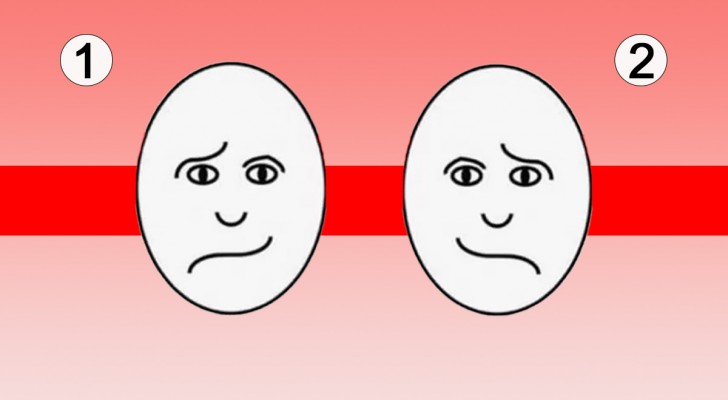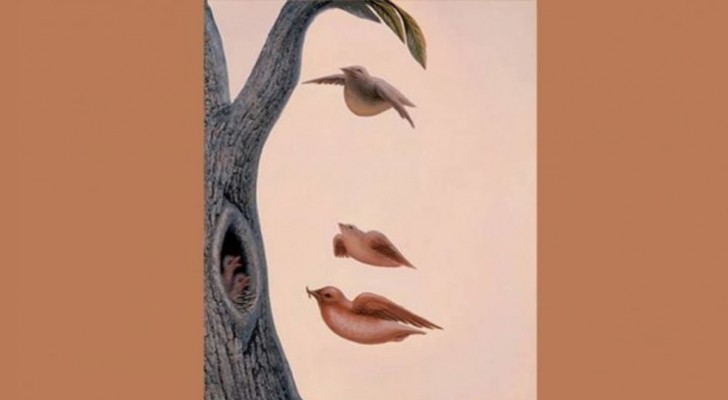The Christmas blues: according to some experts, sadness during the holidays could be a result of how we decide to celebrate them

The lights flash on and off intermittently, Christmas songs flood the cities and towns with euphoria, the houses are adorned with sparkling colors and decorations. So, just where does this feeling of sadness come from, if everything around us suggests joy and happiness?
It is not uncommon to feel sad and anguished during festive occasions when you think you should be happy. This is a condition well known to experts, who explain it by bringing into play our subconscious.
That is why at Christmas we often feel depressed.
via psicoadvisor.com
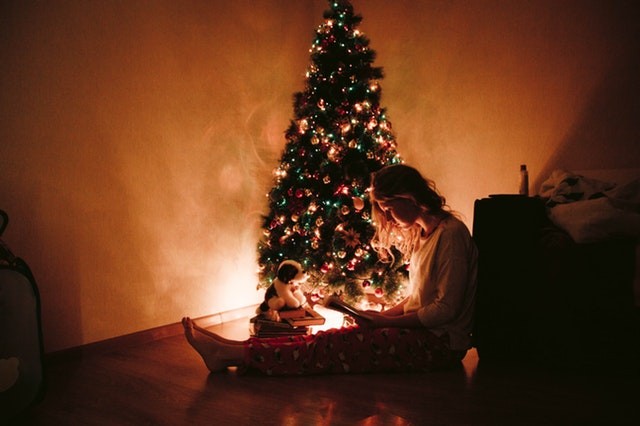
Experts call it "Christmas depression" or more generally "anniversary reaction" which is the condition in which one apparently experiences feelings that are out of synch with what is happening at that given moment.
So, therefore, one can feel sadness at Christmas, as well as on New Year's Eve, at Easter, or on the day of one's birthday.
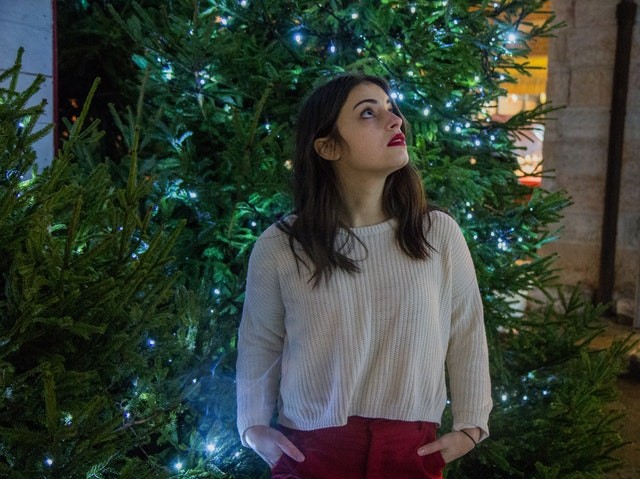
The reason why it is possible to feel this way is due to feelings of inadequacy because not only do you not feel the happiness shared by all the others, but one also feels guilty about it.
Happiness, contrary to what we think, is not contagious! Indeed, when it is "forced" and self-induced it is very likely that it generates opposite feelings. Furthermore, these holidays usually cause sudden changes in one's daily routine that often cause irritability.
The fact is that for our subconscious there is no Christmas or any other happy holiday --- what exists is only us and what we experience. This is why it is not said that at Christmas all our bad moods are vanquished and we are left with only joy.

There may also be other factors that can contribute to Christmas depression:
- Difficulty in getting along with family members
- Stress caused by the urgency of giving gifts
- Holiday expenditures
- Traumas associated with the Christmas season
- Characteristics of the winter period (cold and dark)
- Expectations for the holidays.
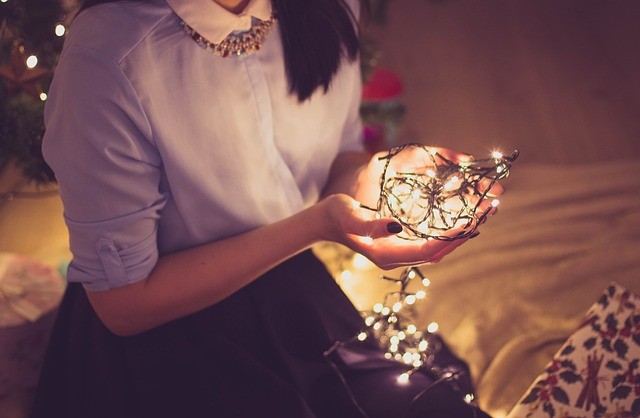
Recognizing the symptoms of "Christmas depression" is actually very simple --- sadness, distress, irritability, headaches, insomnia, and appetite disorders. These symptoms are common to many other conditions but in this particular case, they disappear a few days after the end of the holidays.
How can we experience in the best way the holiday season, without letting sadness take over?
Surely, what you must NOT do is convince yourself that you must be happy at all costs; this would only make things worse. In this situation, emotions must be allowed to have their own space, be they negative or positive.
In fact, most psychological disorders are associated with the repression of emotions. From a practical point of view, it can be useful to buy oneself a small gift, a gesture of care and attention towards oneself that could improve your holiday mood.


